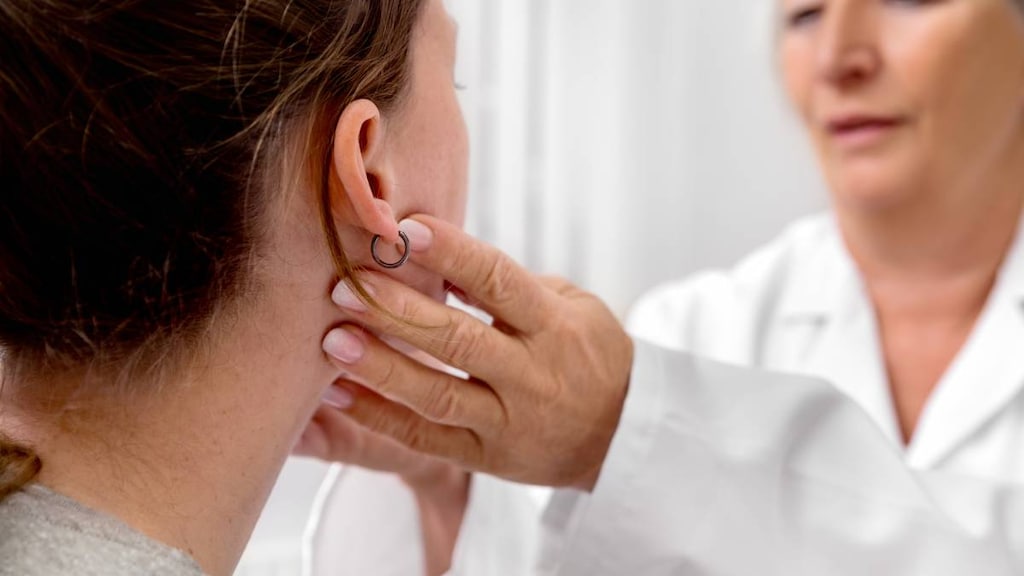
What is Non-Hodgkin lymphoma?
Non-Hodgkin's lymphoma (more correctly now known as Non-Hodgkin lymphoma) is a term used to describe a group of blood cancers that includes all types of lymphoma, except for Hodgkin lymphomas. There are two main sub-types: B- cell lymphomas (> 80% incidence) and T-cell lymphomas (<20% incidence).
Non-Hodgkin lymphoma is a cancer of the lymphocytes. Lymphocytes are a type of white blood cell that is made in the bone marrow and they congregate in and circulate through lymph glands via the blood. In people with lymphoma, malignant lymphocytes start to crowd out normal lymphocytes which eventually weakens the immune system, making it more vulnerable to infection and disease.
Non-Hodgkin lymphoma may occur at any age but is more common in people over the age of 50. It is one of the more common cancers in children but is usually curable.
What causes Non-Hodgkin lymphoma?
Experts have not identified a specific infectious cause or a particular substance that causes lymphoma.
Some people with other conditions are more likely to develop lymphoma, these include people with:
- Chronic infections
- Autoimmune diseases, such as celiac disease
- Rheumatoid diseases (eg, rheumatoid arthritis)
- Prior cancer treatment (such as chemotherapy or radiation therapy)
- Other viruses that cause immunodeficiency (such as HIV, Epstein Barr)
What are the symptoms of Non-Hodgkin lymphoma?
Symptoms are often similar to a virus which can make Non-Hodgkin lymphoma difficult to diagnose.
Symptoms may include:
- Swollen lymph nodes (neck, armpits, groin)
- Fever
- Excessive sweating
- Generalized itching
- Fatigue and lack of energy
- Weight loss
How is Non-Hodgkin lymphoma diagnosed?
If you have ongoing swelling in your lymph nodes and a persistent fever see your doctor.
If lymphoma is suspected a full blood test will be conducted to look for evidence of abnormalities in your white cell count, red cell count, or how your kidneys and liver are functioning. A biopsy of your lymph nodes will also be taken to confirm the diagnosis.
How is Non-Hodgkin lymphoma treated?
Treatment depends on the age of the person diagnosed and their general health as well as the size of the lymphoma and the extent it has spread.
If the initial cancer is small and easily removed with a biopsy, no further treatment is necessary. In other people, a “wait and see” approach may be taken.
Treatment options include:
- Chemotherapy
- Radiotherapy
- Monoclonal antibody therapy
- Steroid medication


